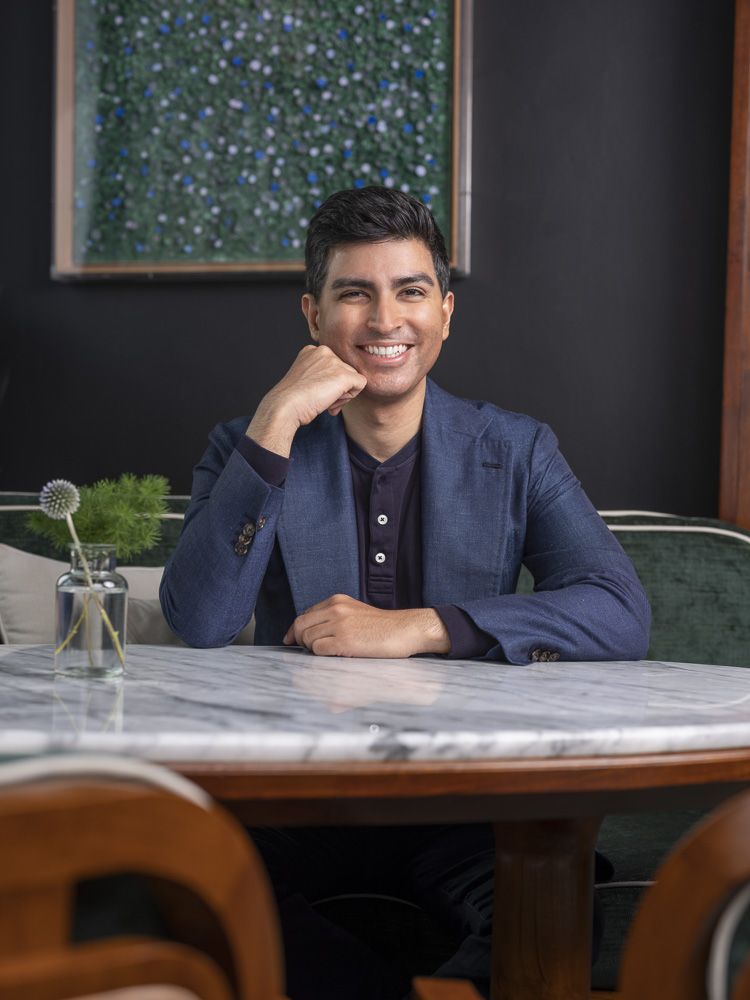The global managing partner at multi-stage venture capital firm 500 Global discusses the current economic situation and ways in which entrepreneurs can tap into Southeast Asia’s ecosystem
Vishal Harnal was a lawyer before he decided to throw in his hat and become a venture capitalist. Actually, scratch that. Vishal was a lawyer who knew he didn’t want to be a lawyer for the rest of his life. “It took me almost five years to figure out that law wasn't for me,” he says. “I was good at it, but I didn't really enjoy it.”
At the ripe age of 29, he went through an early mid-life crisis, applied for an MBA, and went on a two-week networking spree to meet as many people from as many different industries to simply understand what they do.
“I met up with designers, consultants, bankers and all kinds of people from totally different walks of life. It was 14 days of coffee, lunch, coffee, lunch. I asked them what do they love about their work; what would they tell their younger selves; what's their relationship with money; what's their relationship with ambition; what’s their relationship with power… You know, all of the things that matter.”
Read more: Red Flags That VCs Should Look Out For
How a meeting led to a job in venture capital
It was during this whirlwind period that he ended up meeting Khailee Ng, the Asia-based managing partner of 500 Global (then known as 500 Startups), who’s a Gen.T and AMI honouree. Harnal was later invited to be a partner and decided to take the plunge.
This was back in 2015, he says, when 500 Startups had only 18 employees and the Southeast Asian startup ecosystem was still at its infancy stage. “It was a brand new ecosystem, no one knew anything about venture over here. It was like a cottage industry.”
If you’re reading this, you probably already know the numbers: in the past eight years, the region has bred over 50 unicorn companies, a status that Harnal says “seemed unfathomable back in 2015”.
500 Global has also grown its portfolio to comprise 2,700 companies across 80 locations. In Southeast Asia, 500 Global invested early in companies such as Grab, Carousell and Bukalapak. Its investment thesis is based on an economies of scale model, where it cuts smaller cheques to a sizeable number of companies.
Read more: How Quek Siu Rui Is Changing the Future of Retail with Carousell

